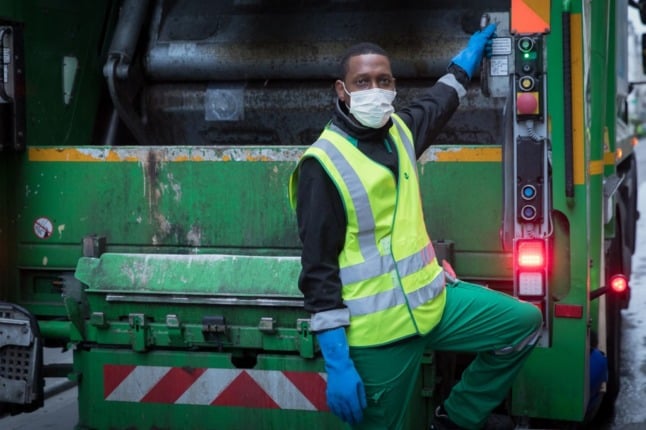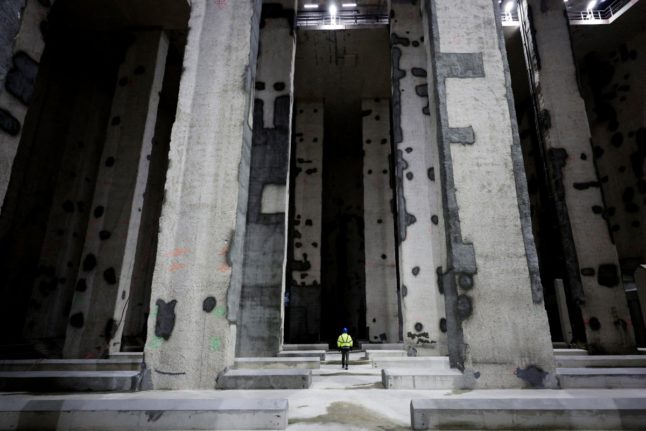It will be illegal to destroy a range of unsold goods in France from January 1st – part of the government’s objective of creating a “circular economy” and reducing waste.
Currently, some €280 million worth of unsold goods are destroyed every year in France, mostly through incineration.
From 2022, it will be illegal to destroy the following unsold items:
- Electronic products
- Textiles, clothes and shoes
- Furniture
- Ink cartridges
- Hygiene products
- Food preservation and cooking equipment
- Leisure products
- Books and school equipment
The government says that importers, producers and distributors are among the main target groups of the law. When France banned the destruction of unsold food products in 2016, food distribution charities benefited greatly. There could be a similar result as a result of this new legislation, with charity organisations seeing their stock rise.
The law allows fines of up to €15,000 for those who violate the new measures.



 Please whitelist us to continue reading.
Please whitelist us to continue reading.
This is a positive step forward and one I hope more countries will adopt. It can eventually encourage manufacturers and distributors to factor redundancy into their processes and build in recycling as a part of the product life cycle as a matter of course, not the afterthought it presently tends to be.
It should certainly increase the amount of stock retailers buy in on sale or return